Killing neighbors : webs of violence in Rwanda
In the horrific events of the mid-1990s in Rwanda, tens of thousands of Hutu killed their Tutsi friends, neighbors, even family members. That ghastly violence has overshadowed a fact almost as noteworthy: that hundreds of thousands of Hutu killed no one. In a transformative revisiting of the motives behind and specific contexts surrounding the Rwandan genocide, the author focuses on individual actions rather than sweeping categories. She argues that ethnic hatred and fear do not satisfactorily explain the mobilization of Rwandans one against another. Her extensive interviews in Rwandan prisons and two rural communities form the basis for her claim that mass participation in the genocide was not the result of ethnic antagonisms. Rather, the social context of action was critical. Strong group dynamics and established local ties shaped patterns of recruitment for and participation in the genocide. This web of social interactions bound people to power holders and killing groups. People joined and continued to participate in the genocide over time, because killing in large groups conferred identity on those who acted destructively. The perpetrators of the genocide produced new groups centered on destroying prior bonds by killing kith and kin. Published version of the author's thesis (Ph. D.)--George Washington University, 2006. ix, 212 pages : illustrations, map ; 24 cm
- Fujii, Lee Ann.
- NIOD Bibliotheek
- Text
- ocn241304747
- Genocide--Rwanda.
- Violence--Rwanda.
- Rwanda--History--Civil War, 1994--Atrocities.
- Rwanda--History--Civil War, 1990-1993--Atrocities.
- Ethnic conflict--Rwanda.
- Rwandan Genocide, Rwanda, 1994.
- Rwanda--Ethnic relations.
- Political violence--Rwanda.
Bij bronnen vindt u soms teksten met termen die we tegenwoordig niet meer zouden gebruiken, omdat ze als kwetsend of uitsluitend worden ervaren.Lees meer




